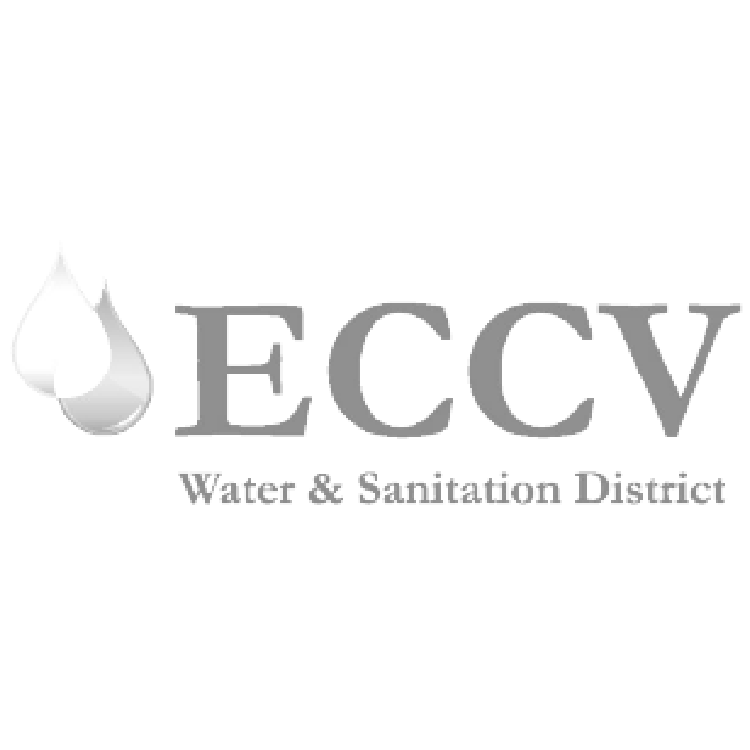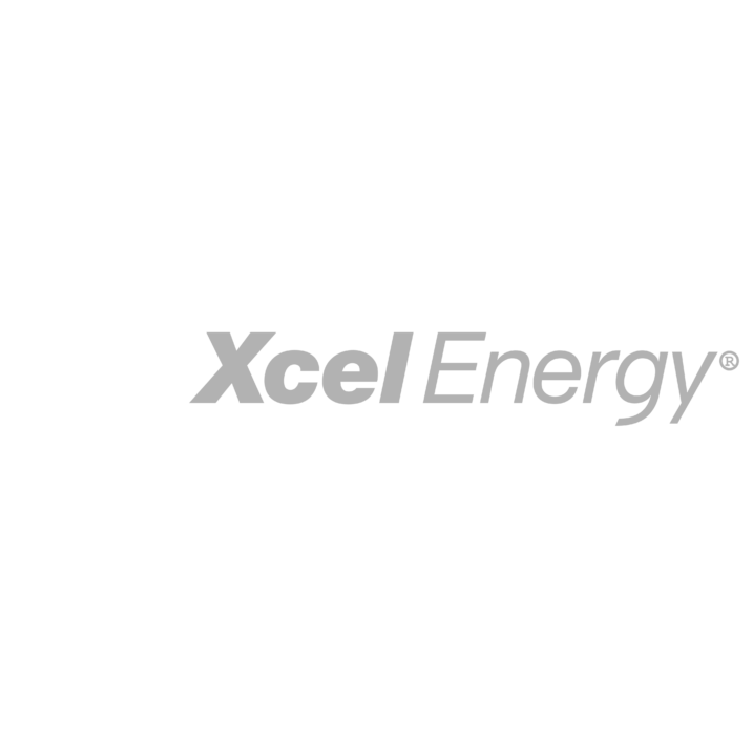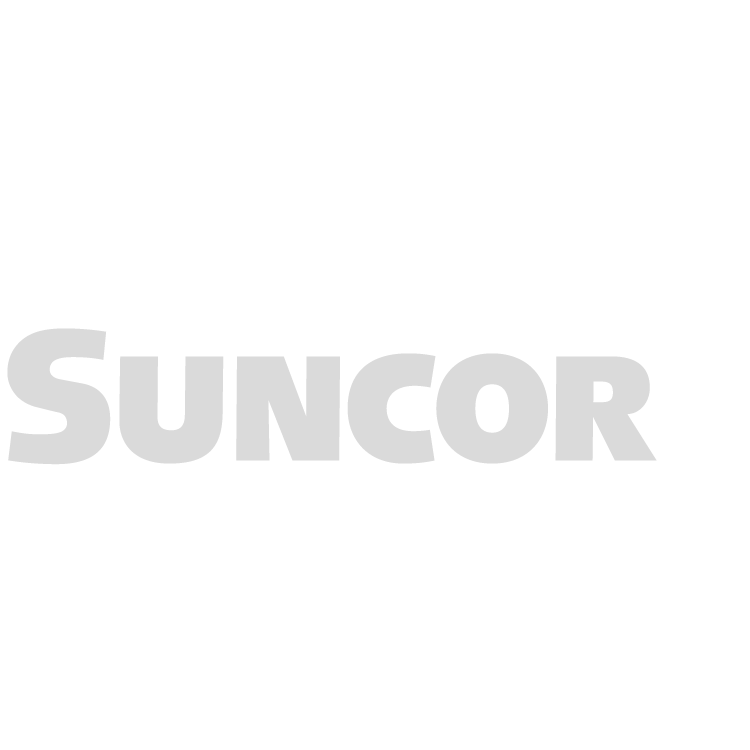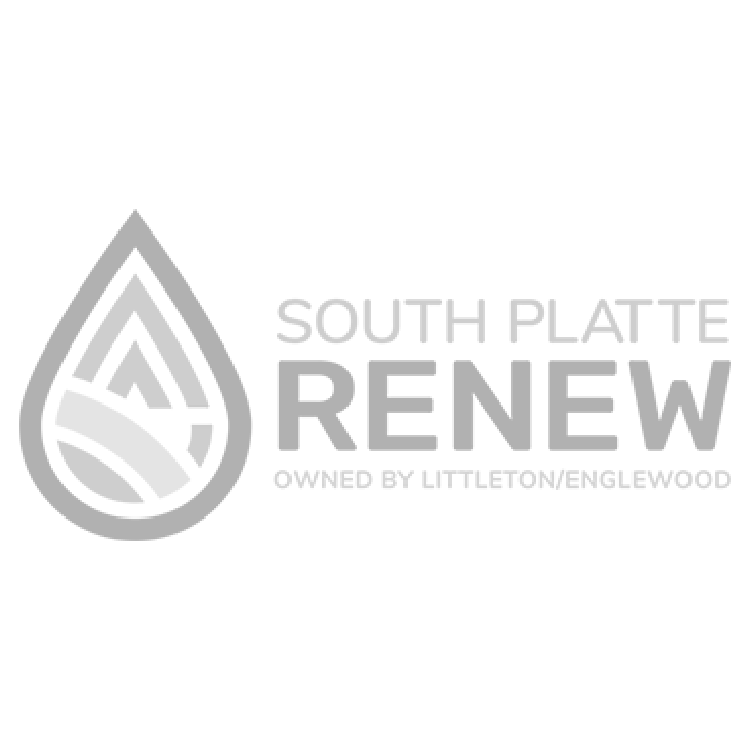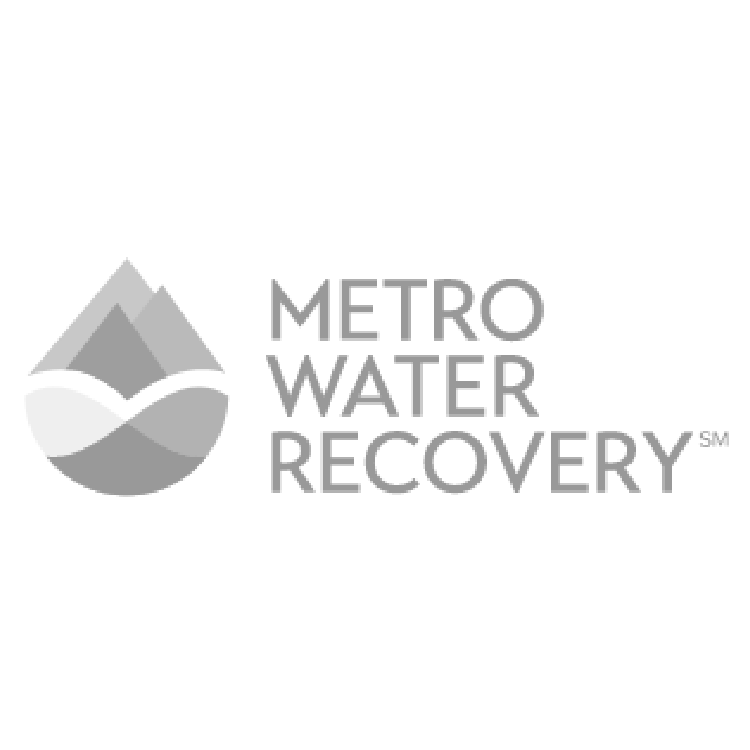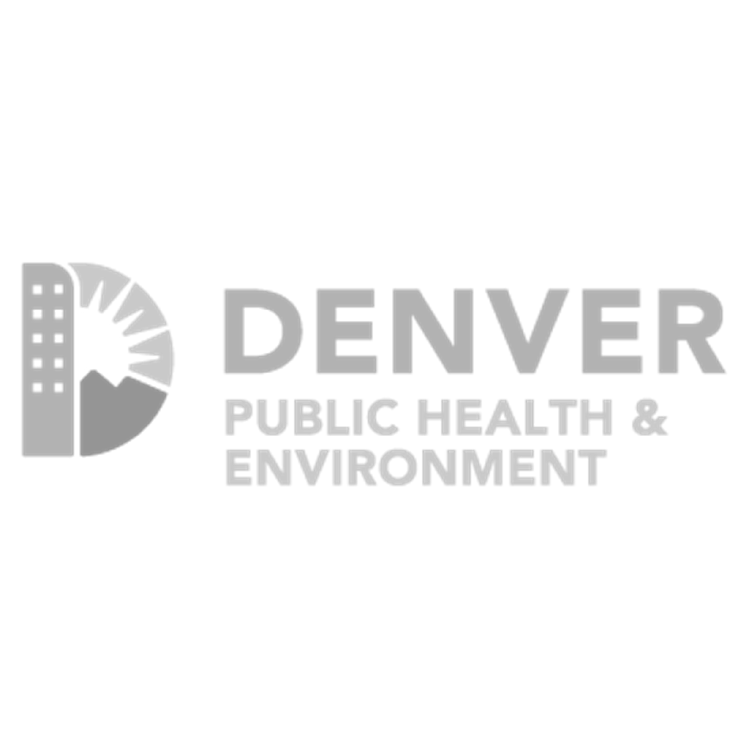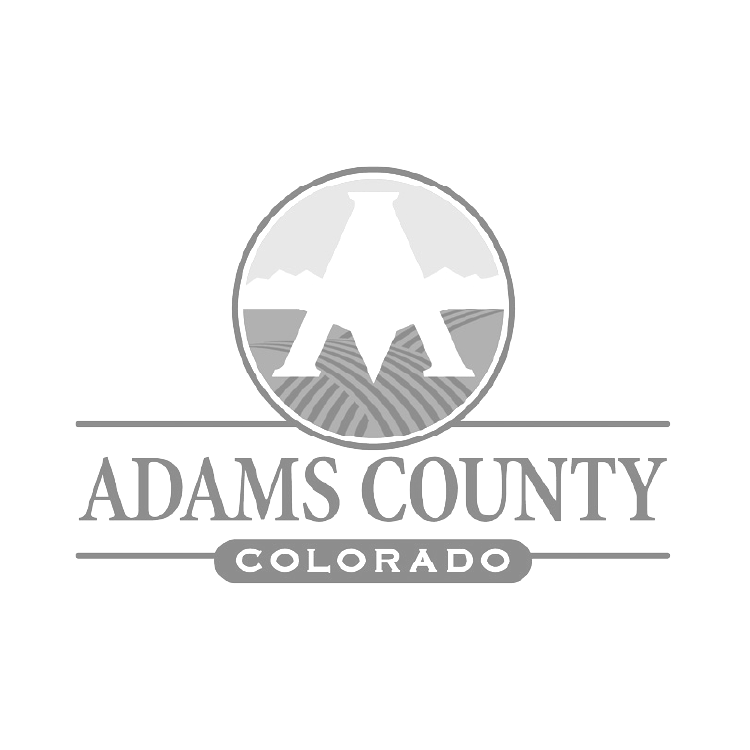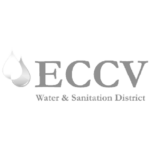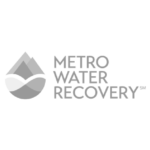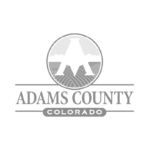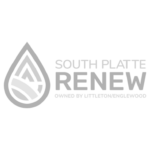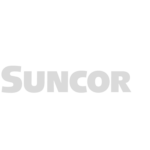OUR ORGANIZATION
SP CURE is a collaborative association that prioritizes addressing water quality issues throughout the Greater Denver metro area.
OVERVIEW
The South Platte Coalition for Urban River Evaluation (SP CURE) serves to help its members, the State of Colorado, and the Regional 208 planning agency handle an increasing workload related to water quality planning. SP CURE supports work related to water quality monitoring, total maximum daily load assessments (TMDLs), and waste load allocations (WLAs). The organization includes municipalities serving almost two million Colorado citizens and private industries, including refineries and a large Colorado brewery. The goal of SP CURE is to work collaboratively to resolve water quality issues on a watershed basis rather than viewing these issues from a member-by-member perspective. Members believe that a locally based approach will be successful in addressing water quality issues efficiently and effectively.
Background
The Denver metropolitan area is in a semi-arid climate where average annual rainfall is approximately 14 inches per year. Rainfalls that do occur are often very intensive thunderstorms that dump several inches of rainfall in a few hours and are then gone. Historically, the South Platte River was an intermittent stream in many locations, drying up in the late summer. Over time, Colorado has developed systems for water storage and delivery of water for agricultural irrigation, for drinking water for cities, and for industrial uses. This has led to major changes in the hydrology of the streams in the urban areas; streams now flow year-round due to the return of effluent from these different uses. Along with the benefits of continually flowing streams also come more difficult water quality issues.
PURPOSE
SP CURE members recognize the need to become more efficient in addressing and solving water quality issues affecting its members. Through coordination of efforts and objectives, SP CURE provides efficiencies in developing timely solutions to water quality issues.
SP CURE maintains a well-coordinated monitoring program and develops water quality modeling tools needed to make sound scientific decisions. SP CURE is concerned with low-flow water quality issues, as well as non-point source issues affecting the Urban South Platte Watershed.
SP CURE attempts to address issues in conjunction with the Denver Regional Council of Governments (DRCOG), the Colorado Water Quality Control Division (Division) and the North Front Range Water Quality Planning Association (NFRWQPA). SP CURE members also recognize that the issues they address may be of interest to the public, water users and others interested in water quality issues. SP CURE therefore makes available the technical basis for SP CURE recommendations.
WATER QUALITY ISSUES
Technical issues that SP CURE deals with include water quality monitoring, water quality modeling, TMDLs, load allocations (LAs), and WLAs. Trend monitoring stations are established by location and criteria set forth by the Division. SP CURE, through its individual members, will maintain trend monitoring stations for its area and coordinate with the Division, and 208 Planning Agencies.
Organization
In addition to providing a forum for discussion and consideration of local water quality issues, SP CURE also acts as a legal means for cooperatively contracting with outside organizations for water quality related work. The Coalition is incorporated as a non-profit corporation and has a set of bylaws from which it operates. Each member pays dues to support their participation. The group holds monthly meetings and has technical sub-committees that meet to discuss technical issues.
BOARD OF DIRECTORS
-
Sherry Scaggiari
Director-at-large, Aurora Water -
Christine Johnston
Chairperson, Xcel Energy -
Jim Dorsch
Vice Chairperson, Metro Water Recovery
-
Dan DeLaughter
Treasurer, South Platte Renew -
Curt Bauers
Secretary, FRICO
Our Members
